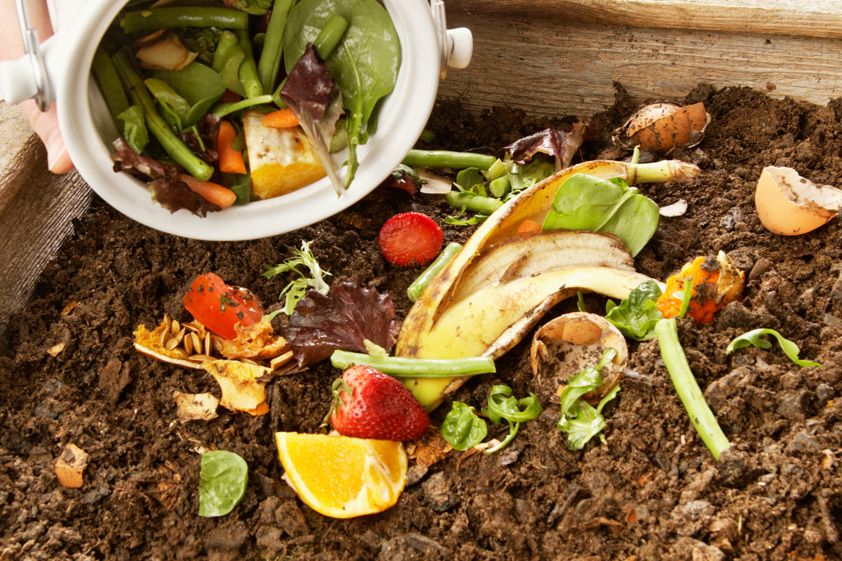Leicester’s food technology community is spearheading pioneering undertakings that are revolutionizing the approach to recycling food waste in the city. The matter of food waste is a pressing concern globally, with 1.3 billion tonnes of food being squandered annually, and local enterprises like these play a crucial role in reducing its impact.
The novel projects strive not only to curtail the amount of food waste deposited in landfills but also to transmute it into valuable resources like compost, renewable energy, and fodder. These initiatives testify to Leicester’s determination to evolve into a sustainable and environmentally accountable city.
The most exciting of these projects is the Anaerobic Digestion (AD) plant that treats food waste to produce renewable energy. The plant generates biogas, which is utilized to generate electricity, heat, and fuel for transportation. This procedure is projected to avert nearly 21,000 tonnes of food waste from terminating in landfills annually.
Another enterprise is the city’s primary community refrigerator, which aims to reduce food waste by enabling inhabitants and local businesses to contribute food that would otherwise be discarded. The fridge is located in the Highfields area and is available 24/7 to those in need. This initiative also encourages the community to share and decrease food waste, fostering a culture of sustainability.
Moreover, besides these undertakings, Leicester is home to various food redistribution organizations that collect surplus food from supermarkets and local businesses and disseminate it to individuals in need. Fareshare is one such organization that has been in operation in the city since 2015 and has already repurposed over 2 million meals for susceptible individuals.
These projects demonstrate that by joining forces, communities can combat the issue of food waste and establish a more sustainable future. They also emphasize the potential of technology and innovation in resolving to pressing environmental challenges.
To conclude, Leicester’s food technology community is at the forefront of the fight against food waste, and their avant-garde ventures are having a substantial impact on the city’s sustainability endeavours. As other cities and communities endeavour to address food waste, Leicester’s initiatives provide a valuable model for them to follow.








